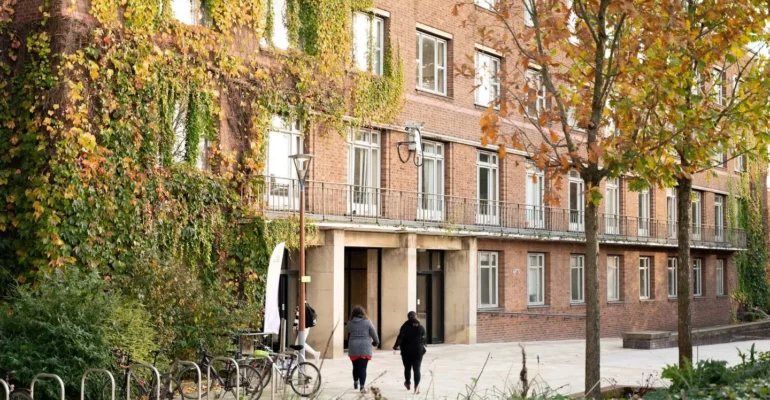University of Birmingham Living Costs 2025 | Accommodation, Food & More
Understanding living costs is essential for planning a successful and comfortable university experience. The University of Birmingham, located in the vibrant city of Birmingham, UK, offers students a dynamic urban lifestyle combined with relatively affordable living expenses compared to other major UK cities. This guide breaks down the essential living costs prospective and current students should expect, helping them budget effectively for their time at Birmingham.
Accommodation Costs
One of the largest expenses for students is accommodation. The University of Birmingham provides a variety of on-campus housing options, catering to different preferences and budgets. On-campus residences generally cost between £120 to £180 per week, depending on room type and facilities. Popular options include shared flats, en-suite rooms, and standard single rooms. Living on campus offers convenience, a strong community atmosphere, and proximity to academic buildings.
For those who prefer off-campus living, Birmingham city has a wide range of rental options. Sharing a flat or house with other students is common and typically costs between £400 to £700 per month per person. The most popular areas for students include Selly Oak, Edgbaston, and Harborne, all offering good transport links to the university. It is advisable to budget extra for utility bills and internet when living off-campus.
Food and Daily Living Expenses
Student food costs can vary based on lifestyle and habits. Cooking at home is more economical, with average grocery bills around £25-£40 per week. Birmingham benefits from numerous supermarkets and markets offering affordable and diverse food options.
Eating out occasionally is part of the social experience, with meals at mid-range restaurants costing £7 to £15. The university campus also hosts cafes and dining halls with student-friendly prices and meal plans.
Other daily expenses include toiletries, cleaning supplies, and mobile phone bills, which average about £15-£30 per week. Planning and prioritizing essentials can help keep these costs manageable.
Transportation Costs
Birmingham has an efficient public transport network, including buses, trains, and trams, making commuting convenient and budget-friendly. Many students use bus passes or special student tickets, costing around £15-£30 per week, depending on travel needs and distance.
Students living on campus or nearby often find walking or cycling practical and cost-effective. The university encourages environmentally friendly transportation with bike racks and maintenance services on campus.
Study Materials and Supplies
While tuition fees cover most academic requirements, students should budget for course materials such as textbooks, stationery, and software. Annual costs may range from £100 to £300, varying widely depending on the field of study. Many courses now offer digital resources or library access to reduce costs.
Social and Leisure Activities
Maintaining a balanced lifestyle is important, and students often participate in sports, clubs, and social events. The University of Birmingham offers discounted memberships to gyms and sports clubs, typically costing around £15-£25 per month. Social outings, movies, or cultural events may add to monthly expenses, so setting aside a budget for leisure activities is recommended.
Health and Insurance
Healthcare in the UK for international students requires attention to the NHS (National Health Service) surcharge, which is paid when applying for a student visa. This allows access to most healthcare services without additional charge. Students may also opt to purchase private health insurance for extra coverage, depending on personal needs.
Budgeting Tips for Students
- Plan Ahead: Create a monthly budget covering rent, food, transport, and leisure to avoid surprises.
- Use Student Discounts: Birmingham offers many discounts on transport, shopping, and entertainment.
- Cook at Home: Reducing takeout meals saves money and encourages healthier eating.
- Explore Free Activities: The city offers museums, parks, and festivals that are free or low-cost.
Final Thoughts
In summary, living costs at the University of Birmingham are reasonable when managed carefully. With a range of accommodation options, affordable transport, and diverse food choices, students can enjoy a high quality of life without excessive financial pressure. Planning ahead, using resources available to students, and embracing the vibrant culture of Birmingham make for an enriching university experience that balances education, well-being, and social life.






